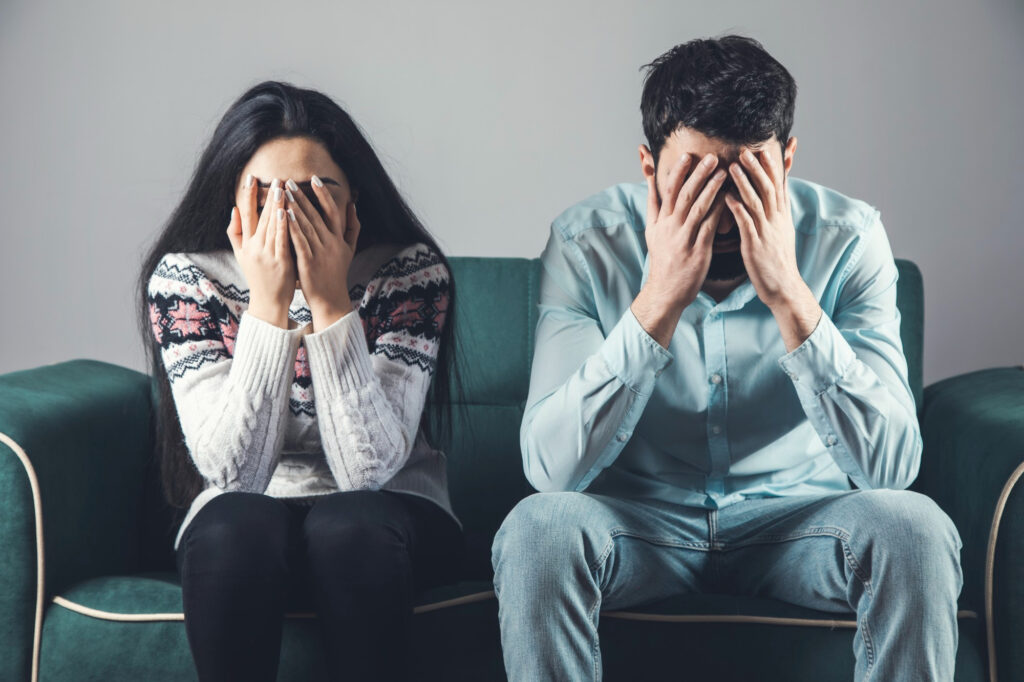Depression is a complex and multifaceted mental health condition that affects millions of individuals worldwide. Yet, within this expansive landscape, there exists a lesser-known reality: depression doesn’t manifest identically in everyone. In fact, it can present itself differently between men and women, encompassing distinct challenges and experiences that demand individualized care and attention.
Our commitment to personalized mental health treatment extends beyond the surface, delving into the nuanced ways depression impacts men and women. Our holistic approach aims not just to treat symptoms but to understand the unique journey of each client, empowering us to tailor interventions and therapy programs that resonate with their specific needs.
Unveiling Gender-Specific Aspects of Depression
Social Stigmas and Seeking Help
Traditionally, societal constructs often dictate how men and women express and cope with their emotions. These norms can significantly impact how individuals, especially men, perceive mental health challenges. Societal pressures for men to embody stoicism and suppress emotions can lead to a reluctance to seek help for depression, potentially exacerbating their symptoms.
Conversely, women may face different societal pressures, but they often feel more comfortable expressing their emotions and seeking support. However, this openness doesn’t guarantee an easier path; it might lead to different challenges rooted in social expectations and stereotypes.
Symptom Presentation and Coping Mechanisms
Men and women might exhibit different symptoms of depression. While men tend to display irritability, anger, and emotional withdrawal, women may often experience feelings of sadness, guilt, and worthlessness. Recognizing these gender-specific manifestations is crucial in providing effective diagnosis and treatment strategies.
Additionally, coping mechanisms can differ. Men might engage in risky behaviors or substance abuse, while women might turn inward, experiencing changes in eating habits or disrupted sleep patterns.
Conclusion:
Depression doesn’t adhere to a one-size-fits-all approach. Its impact varies, influenced by diverse factors, including gender-specific experiences. We recognize the importance of acknowledging these differences, offering tailored support that meets individuals where they are on their journey toward mental wellness.
If you or someone you know is navigating the complexities of depression, remember that help is available, and healing is possible. Our doors at Ray of Hope are open, ready to embark on a personalized journey toward healing and mental well-being.
Together, let’s illuminate the path to healing, one personalized step at a time.



